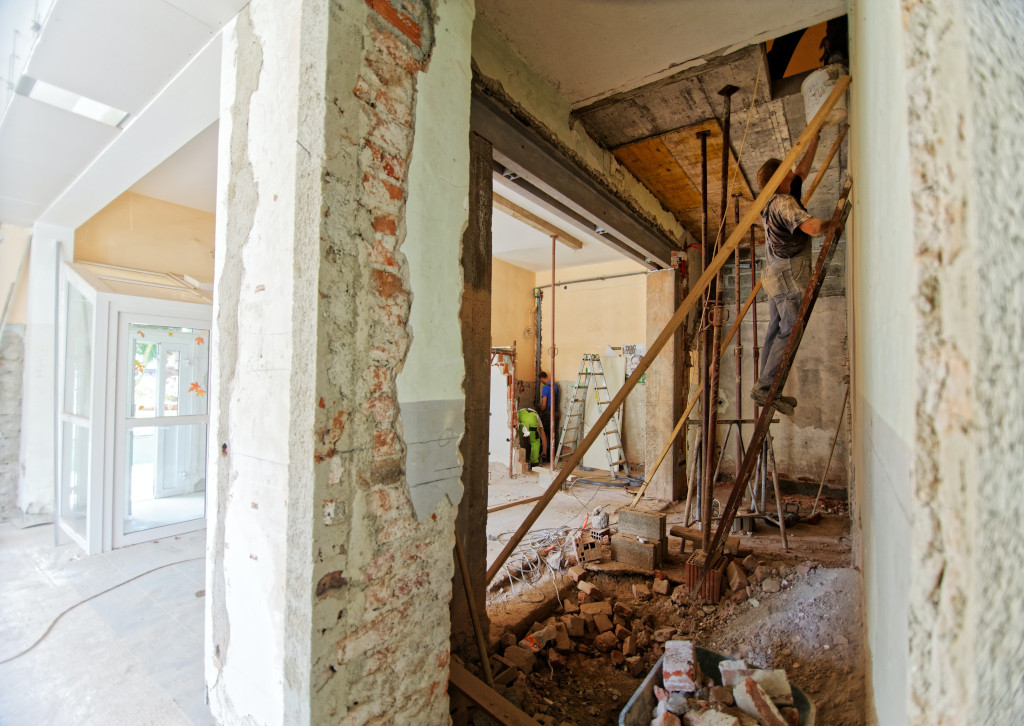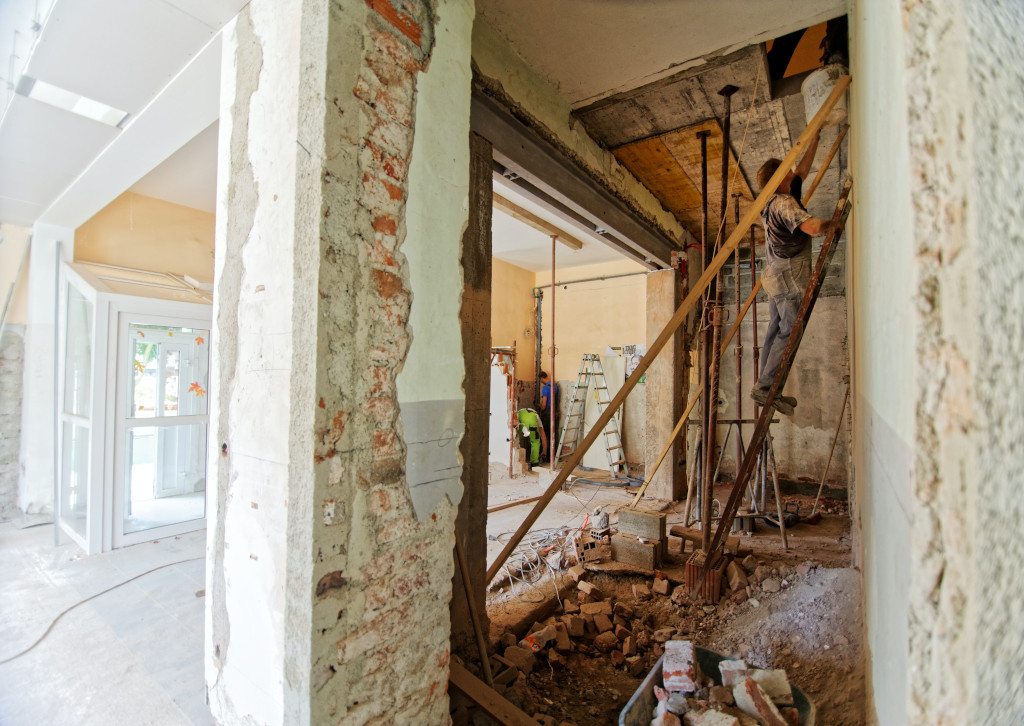HS2’s first TBM drive has passed the one-mile mark cutting through a mix of chalk and flint beneath the Chiltern hills just outside London.
Launched in May, TBM Florence is one of two identical machines excavating the twin 10-mile-long tunnels.
During her first mile, Florence and her crew have installed more than 5,500 separate segments, each weighing around 8.5 tonnes.
A second machine, named ‘Cecilia’ is a short way behind, with both TBMs expected to break out in around three years’ time.
Both TBMs are operated by HS2’s main works contractor, Align – a joint venture formed of Bouygues Travaux Publics, Sir Robert McAlpine, and VolkerFitzpatrick.
Align Project Director Daniel Altier said: “I am delighted with the progress that Florence has made since its launch in May, with Cecilia not far behind.

“All the spoil from the TBMs is converted into slurry before being pumped back to our South Portal site, just inside the M25, where it is processed and used for landscaping on site. This is, and will continue to be, a huge logistical challenge, as Florence and Cecilia continue their journey through the Chilterns.
“Florence reaching the 1 mile point is a great achievement, however we still have a long way to go.”

Each of the separate northbound and southbound tunnels will require 56,000 precision engineered, fibre-reinforced concrete wall segments – which are all being made at the south portal of the tunnel, next to the M25.
Approximately 2.7 million cubic metres of material will be excavated during the construction of the tunnels and used for landscaping around the south portal site.
Once construction is complete, this will help create around 90 hectares of wildlife-rich chalk grassland habitats.















